Washington, Sept 13 (V7N) – The Trump administration is planning to push for a major global shift in asylum policy at the United Nations later this month, proposing restrictions that would significantly narrow the right to seek asylum, according to internal State Department documents.
The planned event, set to coincide with the UN General Assembly, aims to reshape the international approach to asylum and migration to align with the administration’s restrictive stance. Under the proposed framework, asylum seekers would be required to claim protection in the first country they enter rather than a nation of their choice. Asylum would be temporary, and the host country would determine if conditions in the home country have improved enough for return, marking a substantial departure from existing practices in the U.S. and worldwide.
Trump’s administration has already implemented restrictive immigration policies domestically, including prioritizing entry for white South Africans and detaining undocumented immigrants. The UN initiative would extend this vision to a global platform, urging adoption by the international body that set the post-World War II legal framework for asylum rights.
Internal documents describe migration as “a defining challenge for the world in the 21st century” and assert that asylum is “routinely abused to enable economic migration.” Critics, including Mark Hetfield, president of refugee resettlement group HIAS, warned that the proposed changes would put vulnerable populations at severe risk. “Right now, if someone comes to the border of any country fleeing persecution based on race, religion, nationality, social group, or political opinion, they have the right to protection. If it changes, we risk returning to conditions similar to those during the Holocaust,” Hetfield said.
Deputy Secretary of State Christopher Landau is scheduled to lead the side event. In a Senate confirmation hearing, Andrew Veprek, Trump’s nominee for the State Department’s refugee division, emphasized that the current post-World War II asylum framework is outdated and must be reshaped to address modern migration challenges.
Adoption of the plan would constitute a significant shift in global migration governance, altering agreements established in 1951 and 1967 that guarantee protection for those fleeing persecution. While the U.S. cannot unilaterally dismantle these accords, the administration intends to build a new framework focused on migration diplomacy and disaster response, with a controversial priority on resettling white South Africans, according to internal State Department notes.
News Source: Reuters
END/WD/SMA/



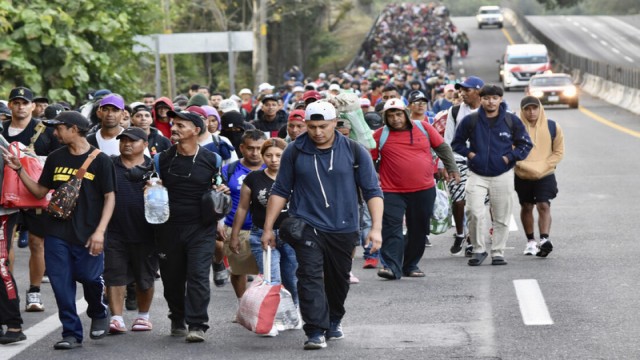

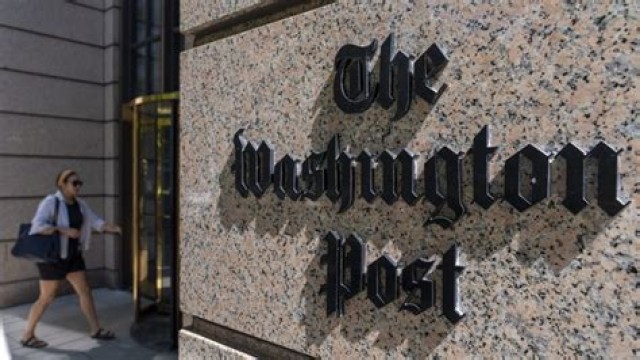



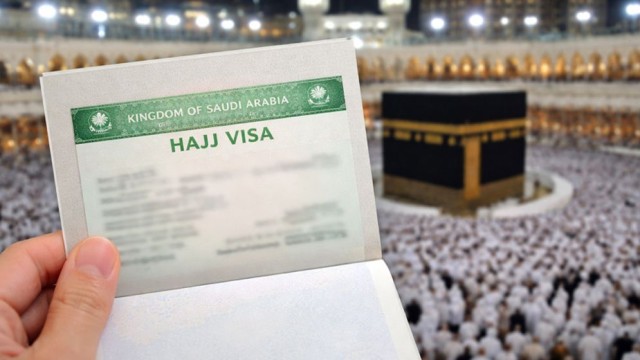

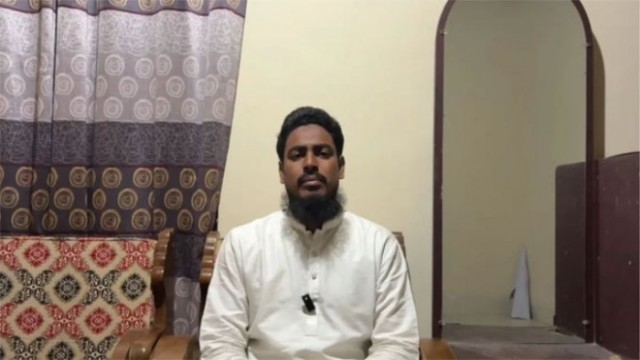




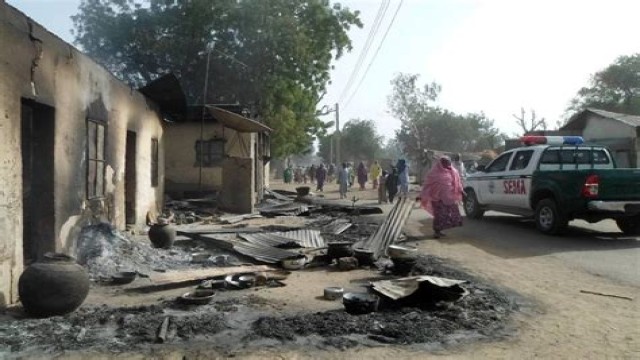











Comment: